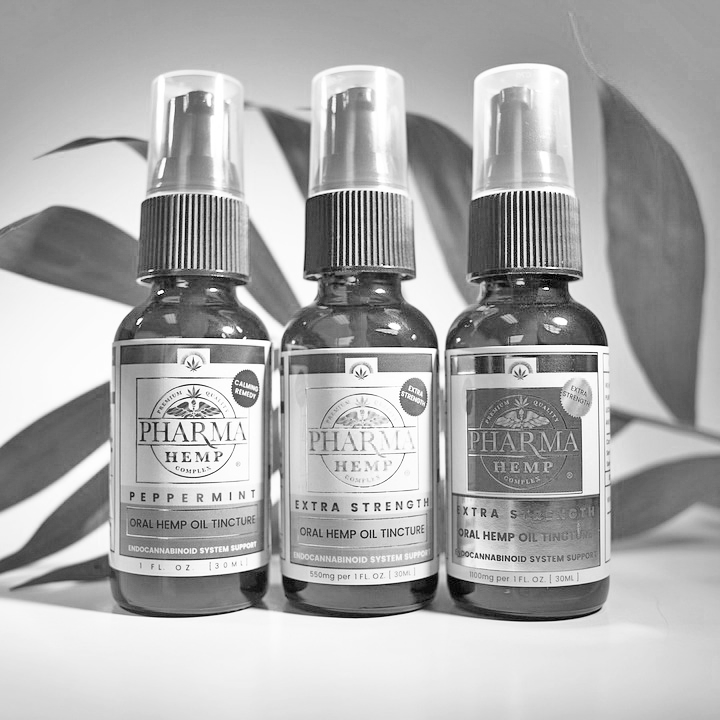The Gustie Guide for 2019-2020 has updated the marijuana violations to include the use of CBD concentrates. As of June 2019 CBD products will no longer be allowed on the Gustavus Campus.
CBD stands for Cannabidiol, which is one of the active ingredients of cannabis and comes directly from the hemp plant. According to the Harvard Health blog, CBD does not cause a “high” for those who use it. CBD can be found in a variety of health products, but the health rinks are still relatively unknown.
According to Assistant Vice President for Student Life Megan Ruble, the college decided to ban CBD because smoking or vaping the product has already been banned via the tobacco policy.
CBD can be found in vaping products, other reasons for the ban include lack of regulation, health concerns, lack of evidence based research to support effectiveness, and challenges of enforcement around THC content.
This policy proposal was vetted with the Dean of Students Office, Residential Life, Campus Safety, GustieWELL and Student Senate before its approval by the Board of Trustees in June.
One of the goals of the college has always been to help students become more informed consumers and to help students manage their own health and wellbeing.
“CBD has gained a lot of popularity for its therapeutic properties over the last few years, and the strongest scientific evidence is touted for its effectiveness in treating childhood epilepsy. While there is anecdotal evidence to support CBDs effectiveness for a number of other health issues including anxiety and insomnia, research-based scientific evidence is not there yet,” Director of the Peer Education Office Laura Herbst-Johnson said.
The CBD industry is unregulated and the FDA has issued several warning letters telling consumers that CBD products may not contain what their labels claim in terms of active ingredients.
Additionally, unreliable levels of THC have shown up in CBD products. “We want our students to be in the driver’s seat for their own health and wellbeing, and not knowing what’s in a product that’s being consumed can create unexpected challenges,” Herbst-Johnson said.
The Peer Education Office is open to educating students on CBD and its effects. Herbst-Johnson acknowledged that educating on CBD is difficult because it is constantly evolving and is open to student feedback on possible education strategies. Students are encouraged to do their own research before using CBD products. In addition, talk with your doctor about dosing, potential medication interactions and side effects.
“It is important to note that we are not actively searching for CBD, or trying to get students “in trouble.” If it is discovered that would most likely happen when there is a confrontation based on suspicion of other drug use,” Ruble said.
Not all members of the Gustavus community are on board with the ban, “there is CBD in everyday items like lotion. I do not see this ban as a fruitful use of the college’s time. There are bigger issues to tackle on campus,” Senior Nicole Abraham said.
The CBD ban is now in full effect on campus and students are reminded to be conscious consumers as they make decisions about the products that they use in their everyday lives.
